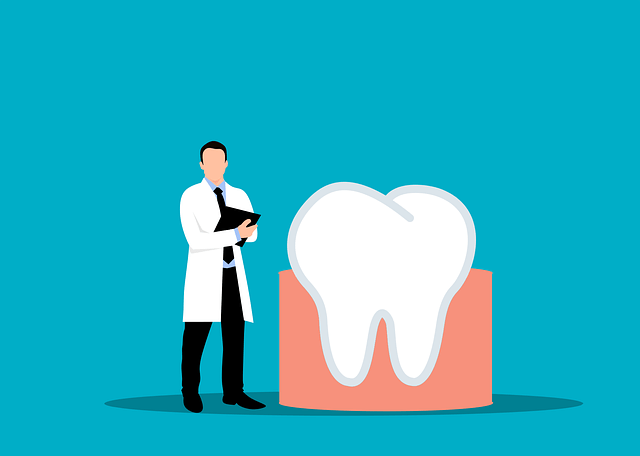What is an Oral Hygiene Routine?
An oral hygiene routine is a process of brushing and flossing teeth. It is recommended to brush twice a day and use dental floss once a day.
The process of brushing teeth includes using toothpaste that has fluoride in it and using a toothbrush to scrub along the surfaces of the teeth. The goal is to remove plaque, which can lead to tooth decay and gum disease. When cleaning your tongue, you should also clean all around your teeth as well as under them.
In addition, dental floss helps clean out food particles from hard-to-reach areas between the teeth by removing bacteria from below the gum line where a toothbrush cannot reach. If you want, you can also use whitening floss which helps in whitening your teeth.
5 Steps to Developing an Effective Oral Hygiene Routine
Bad oral hygiene can lead to various diseases and even death. An effective oral hygiene routine is essential to stay healthy and look presentable to the world. Here are 5 steps you can take today to develop a healthy and effective oral hygiene routine.
Step One: Brush your teeth twice a day with fluoride toothpaste
Step Two: Floss your teeth every day before brushing
Step Three: Use mouthwash after brushing
Step Four: Drink plenty of water throughout the day
Step Five: Get regular dental check-ups
Steps to Proper Brushing Technique
Brushing is a fundamental step in oral care and is the key to maintaining good oral health. It is important to understand the proper techniques for brushing in order to avoid damaging your teeth, gums, and tongue.
- Use correct brush head: Both manual and electric toothbrushes come with different toothbrush heads for different purposes. For example, a gum stimulator may be helpful for people who have sensitive teeth or gums.
- Wet your toothbrush and put a pea-sized amount of toothpaste on the bristles. If you want to use fluoride toothpaste, make sure it is not expired.
- Gently brush all surfaces inside your mouth, including the teeth and gums. Brush in circular motions concentrating on the gum line where plaque can hide easily.
- Brush along the sides of your tongue for two minutes to remove bacteria that could cause bad breath or other problems over time.
- Rinse out your mouth after brushing with water or mouthwash but don’t spit in the sink as this will lead to a buildup of bacteria in the drain.
What Not to Do in Your Daily Oral Hygiene Routine?
If you’re not aware, here are a few things that you should avoid doing in your daily oral hygiene routine.
- Never use a toothbrush that has been used by someone else. This is because it can spread bacteria from one person’s mouth to another person’s mouth, which can cause diseases such as gingivitis and gum disease.
- Wait until the bristles of your toothbrush have been worn down before replacing them – usually when the bristles have just about fallen out. The reason for this is that when you use a toothbrush with new bristles, it will clean your teeth more effectively than a toothbrush with old bristles.
- Don’t brush your teeth too hard: Brushing the teeth too hard can cause damage to the tooth enamel and gums.
- Don’t forget to brush those back-to-back molars: The backs of the molars are difficult to reach with a toothbrush, so it’s important to get in there every day.
- Don’t put your fingers in your mouth too often: We all know that this is a great way to transfer bacteria from our hands into our mouths, but doing it too much can also lead to gum disease.
The Best Foods and Drinks for Healthy Teeth and Gums
In order to have a healthy mouth, you must have a healthy diet. This is not limited to what you eat, but also includes what you drink. The majority of people that consume beverages with a high acid content will notice a decreased pH balance in the mouth which can cause tooth decay and gum disease.
Drinking water with fluoride is an excellent way to help keep teeth and gums healthy because it neutralizes acid from other foods and drinks which would otherwise cause erosion of the teeth and lead to bone loss around the teeth. Consider drinking water with fluoride as your go-to beverage for daily hydration.
The best food for strong teeth is meat, which contains protein that strengthens tooth enamel. Some fruits can also be good for our teeth, like apples or oranges, because they contain vitamin C which helps neutralize the acid in the mouth that can cause cavities.


